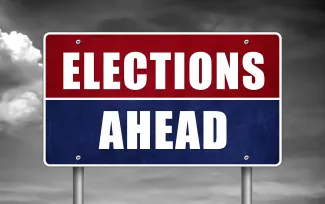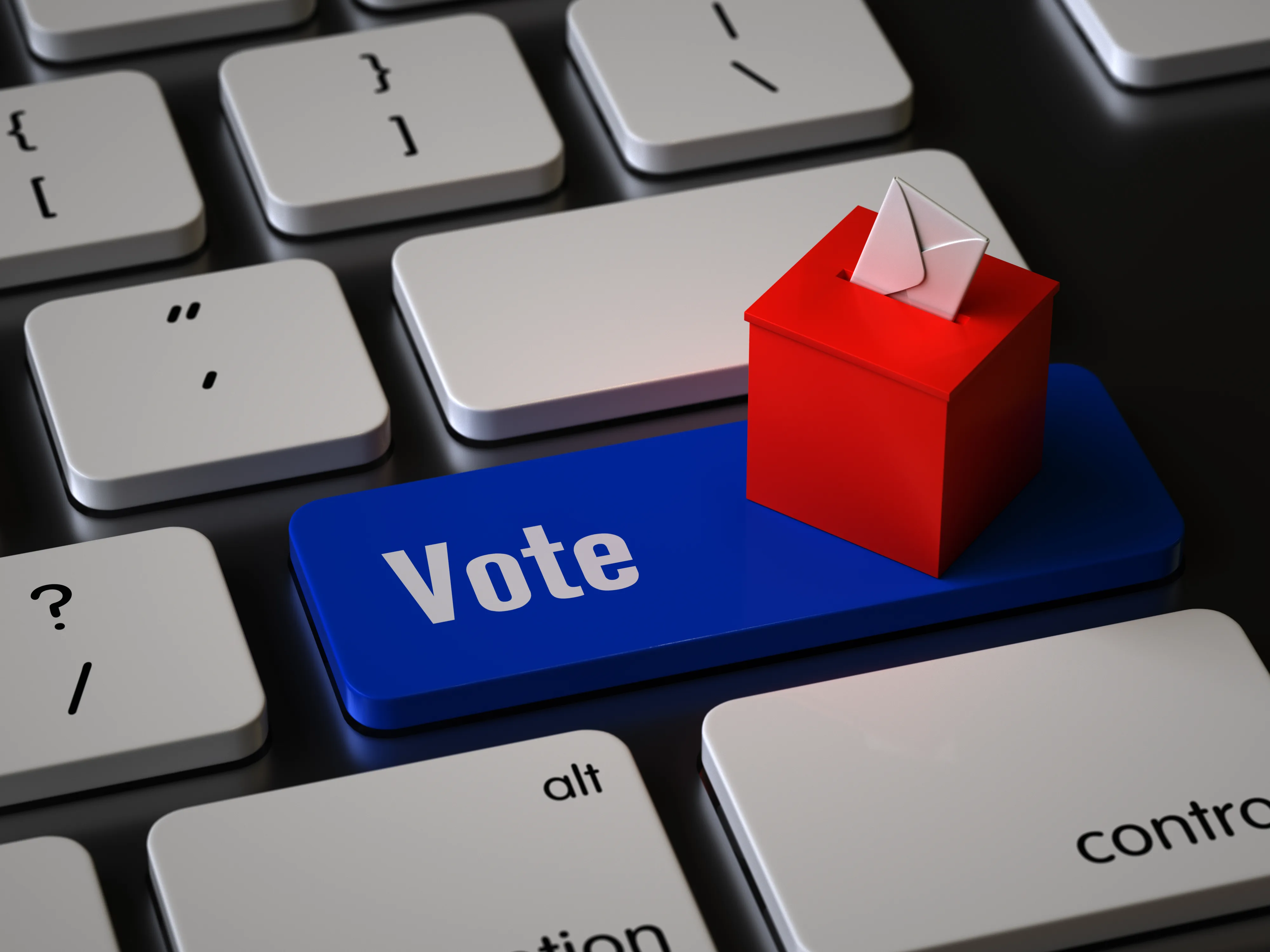
Nebraska AG's opinion could set voting rights restoration back decades
Click play to listen to this article.
(Nebraska News Connection) About 7,000 Nebraskans with felony convictions who thought they'd be able to register to vote, now face uncertainty.
In question is the constitutionality of Legislative Bill 20, a new law scheduled to take effect last week.
It restores voting rights without a two year waiting period for people who've served their sentences. Governor Jim Pillen allowed it to become law without his signature.

Jane Seu, legal and policy counsel for the American Civil Liberties Union of Nebraska, said it appears Nebraska Secretary of State Robert Evnen asked Attorney General Mike Hilgers about the law, and Hilgers has concluded it is unconstitutional.
"This is a validly passed and enacted law," said Seu. "The legislature passed it through its own process with major bipartisan support. So really, I think what all the Attorney General's doing - and the Secretary of State - is really just causing confusion and doubt for voters, questioning their right to vote."
In his opinion, Hilgers points out the Nebraska Constitution grants the power to restore voting rights to the Board of Pardons.
Seu said she thinks this opinion has the potential to harm many more Nebraskans than those helped by LB-20.
That's because it also calls a 2005 law into question, which established the two-year waiting period in lieu of a Board of Pardons decision.
Seu said the speed with which Evnen acted after receiving Hilgers' opinion is noteworthy.
"So, the Attorney General released his opinion, and the Secretary of State has decided to follow that - and has directed county election officials to not register people with felony convictions to vote," said Seu. "That happened the same day, so kind of showing some coordination to keep people with felony convictions from being able to vote."
With the passage of LB-20, Nebraska became one of the 40 states that restore voting rights to people with felony convictions. Seu said this issue is far from settled.
"We want every Nebraska voter to know that their vote matters," said Seu. "They deserve a say in our democracy, and we're going to do everything we can to uphold that right. So, we're exploring every possible option."
Support for this reporting was provided by the Carnegie Corporation of New York.

















